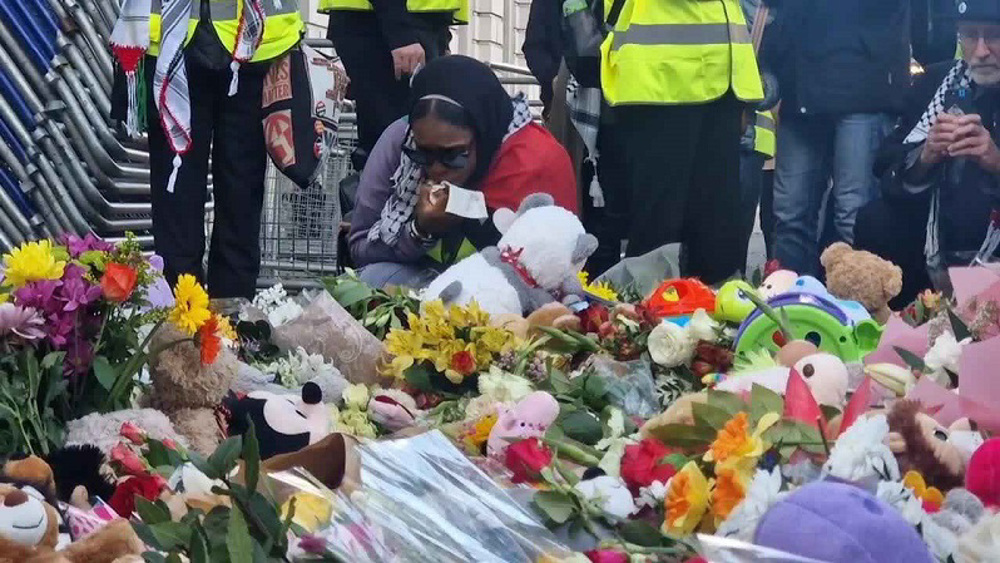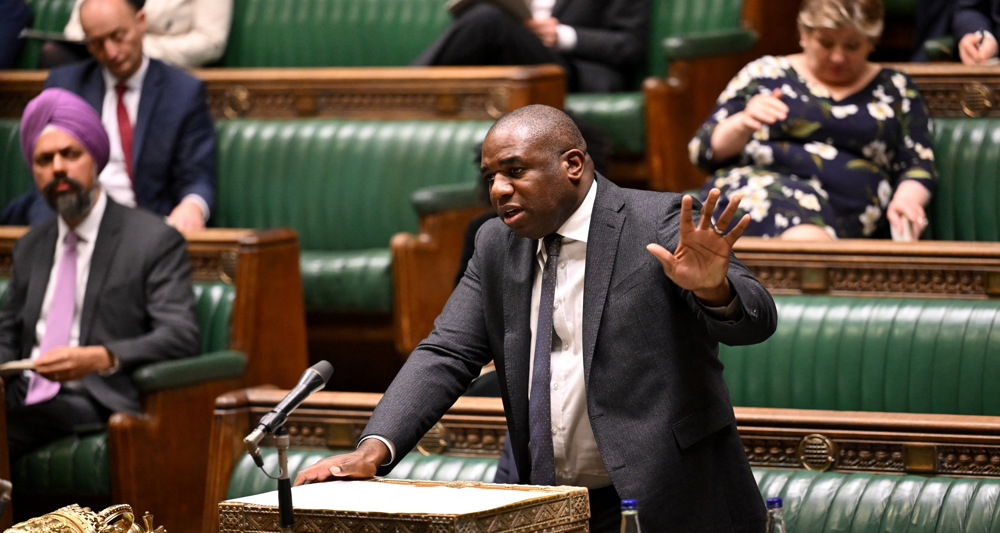Boris Johnson in ‘crisis talks’ with EC boss von der Leyen to break trade deal ‘deadlock’
Boris Johnson is set to hold “crisis talks” with European Commission (EC) President, Ursula von der Leyen, in order to break the latest stalemate in protracted post-Brexit trade talks.
A week of intense negotiations ended with “significant divergences” impeding further progress.
On his way from London to Brussels the European Union’s (EU) chief negotiator, Michel Barnier, despondingly described the situation in the following terms: “If there is still a way, we will see”.
The key divisive issues revolve around fishing rights, rules on state subsidies for business and arrangements for enforcing any deal.
On fishing, the EU (encouraged mostly by France) is demanding a 10-year access to British waters, but the UK is insistent on controlling access and quotas.
France’s Europe minister, Jean Castex, has indicated his country could veto a deal if its fishing interests were not satisfied.
But Belgian Member of the European Parliament (MEP), Philippe Lamberts, claimed the fishing dispute had been “overdone” by the British and French sides.
“We should cut it [fishing rights dispute] down to size. It should not be allowed to derail a good deal”.
According to Lamberts, the main differences between UK and EU negotiators revolve around “competition” and “governance”.
"These [competition and governance] are much more important and this is a very tough nut to crack, and it will really depend on whether Boris Johnson wants to limit the economic damage caused by Brexit", Lamberts added.
VIDEO | Carol Singers for Palestine on London’s Parliament Square
American warplane downed after Yemeni attacks 'baffled' US air defense: Ansarullah
VIDEO | Yemenis praise the military for its successful operations against Israel
VIDEO | Israel continues to bomb Gaza homes
VIDEO | An insider's view of the country: Meybod City in Yazd
‘All wars have rules. All of those rules have been broken’ by Israel
VIDEO | Report flags India’s violation of rights of Rohingya detainees
Turkey's foreign minister meets Syria's de facto leader in Damascus













 This makes it easy to access the Press TV website
This makes it easy to access the Press TV website